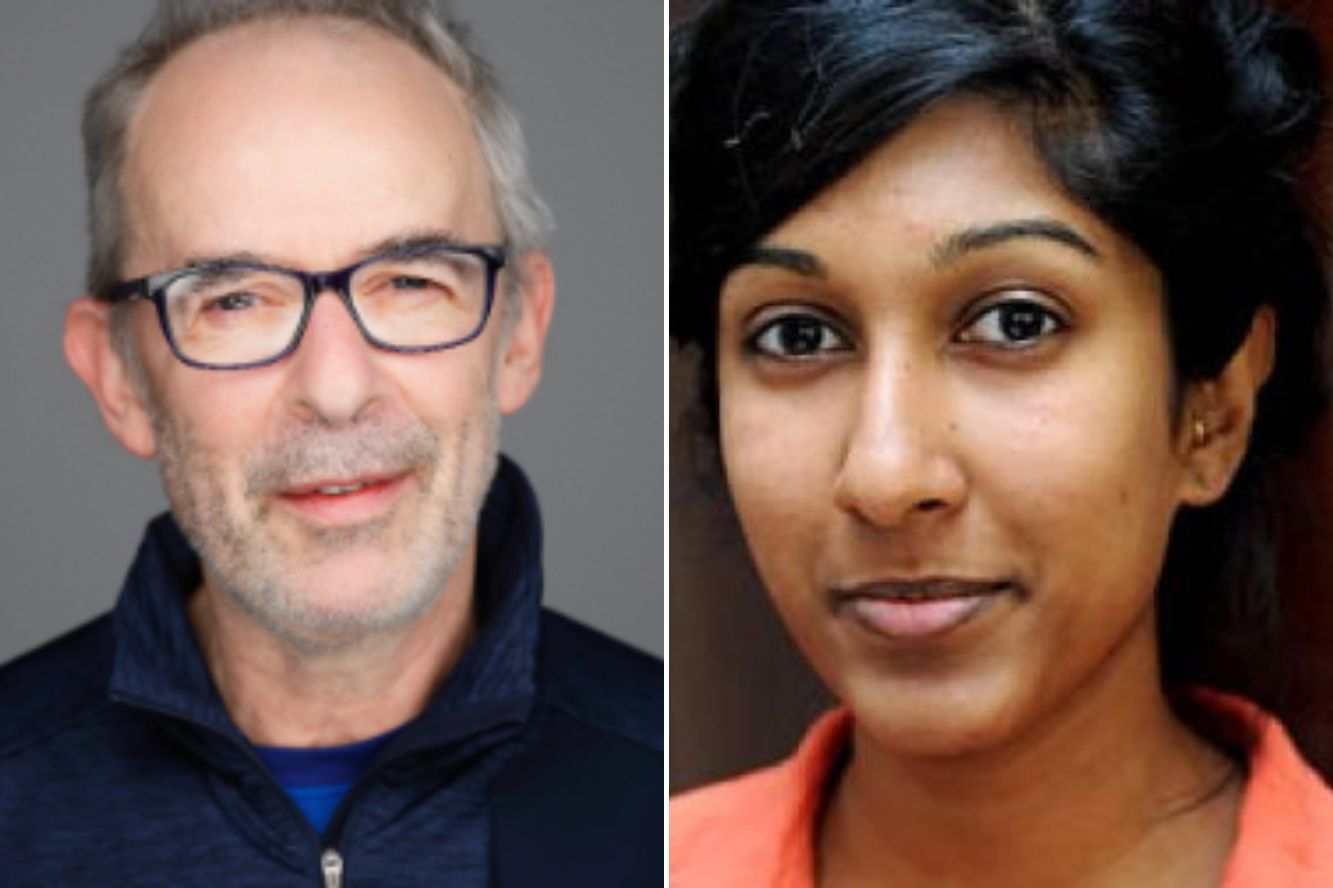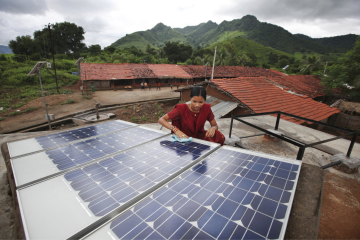2024 is a record year for elections. Across the globe nearly four billion people will be heading to the polls - half the world’s population.
In the digital age, misinformation and disinformation can spread easily, with big implications for human rights. How can social media companies protect truth and mitigate these risks?
To answer this question, IHRB’s Salil Tripathi sits down with Priyanka Motaparthy, Director of the Armed Conflict, Counterterrorism, and Human Rights Project at Columbia Law School’s Human Rights Institute, and Iain Levine, director on the human rights policy team at Meta.
In this episode our guests discuss the importance of free speech, what constitutes hate speech, the difference between misinformation and disinformation, and the serious repercussions for elections in an era of ‘fake news’, and what social media companies are doing to counter these issues.





























How to stop poorly planned climate transitions from sparking civil unrest
From the farmers of southern France to the Wayúu Indigenous people of La Guajira, Colombia and the coal miners of Mpumalanga, South Africa; many communities around the world are living on the frontlines of once-in-a-generation industrial shifts to...
08 May 2024 | Commentary
Commentary by Haley St. Dennis, Head of Just Transitions, IHRB